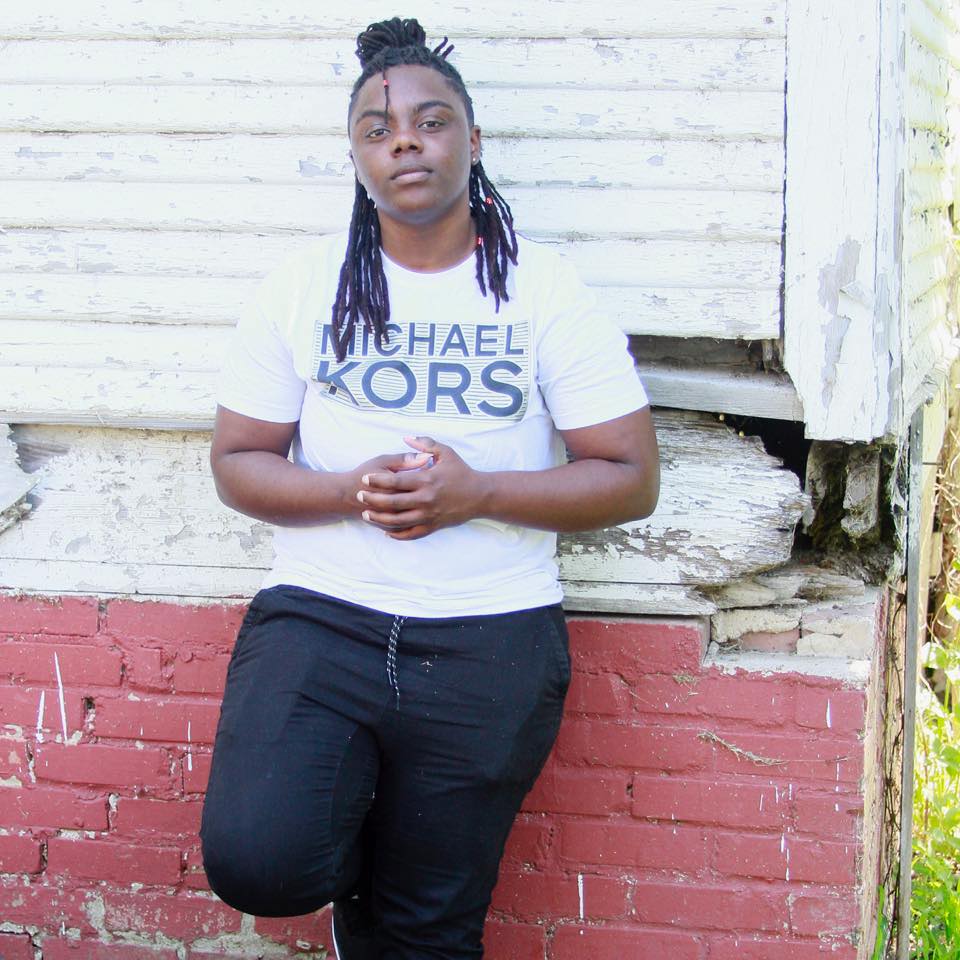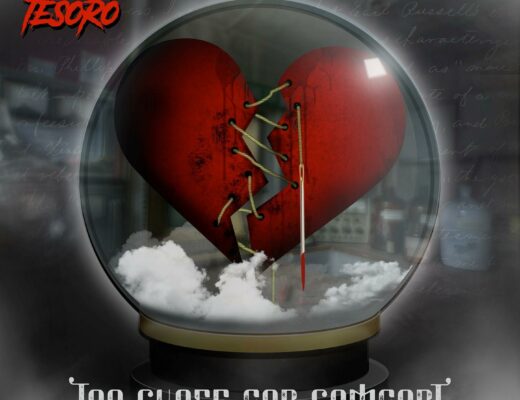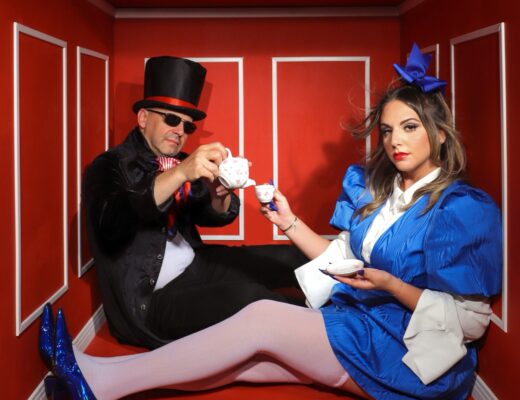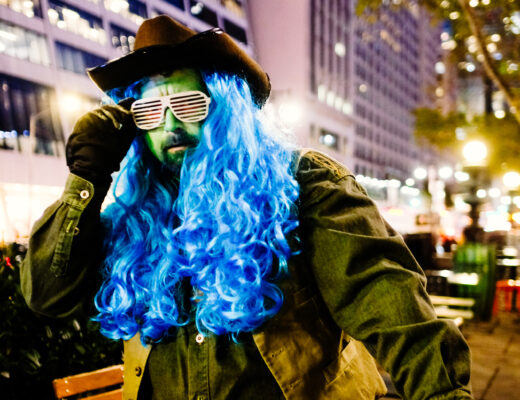In the pulsating realm of hip-hop, Dejai emerges as a force to be reckoned with, bringing a unique blend of authenticity and passion to the stage. In this exclusive interview, we delve into the artist’s upbringing, the sparks that ignited their musical journey, and the driving forces behind their relentless pursuit of innovation in the industry.
In the pulsating realm of hip-hop, Dejai emerges as a force to be reckoned with, bringing a unique blend of authenticity and passion to the stage. In this exclusive interview, we delve into the artist’s upbringing, the sparks that ignited their musical journey, and the driving forces behind their relentless pursuit of innovation in the industry.
Can you share a bit about your upbringing and how it shaped your musical journey?
I spent a significant portion of my adolescence in a small town in Arkansas—a place where everyone knows everyone, and for generations, few manage to break free. Limited by both resources and entertainment options, my sister and I found joy in making the most of what we had. Raised by my grandmother, who had a deep connection to church and gospel, Sundays were filled with hymns that showcased her angelic voice. Inspired by her, I aspired to sing like her.
Alongside gospel, my sister and I explored various musical genres, delving into old jams from artists like Backstreet Boys, Eartha Kitt, Ella Fitzgerald, and Mahalia Jackson. Our musical taste was eclectic, and we paid careful attention to the lyrics. Meanwhile, my father, a talented musician himself, produced, wrote, and recorded his own music. He exposed me to a diverse range of sounds.
A pivotal moment in my musical journey occurred when my aunt Monica gifted me my first mp3 player for Christmas. Loaded with a variety of songs by my father, my attention shifted towards rap and R&B. Artists like 2Pac, Jay-Z, and Outkast became my new musical companions.
Music became my primary mode of communication and a means to connect with others. This profound connection, along with a desire for expression, fueled my passion for music. Motivated by a longing to break free from my small-town roots, I aimed to become someone who defied the odds. My goal is not just personal success; it’s about achieving something monumental leaving a lasting impact from where I come from, and eventually returning to rebuild my entire state on a grand scale.
What initially sparked your interest in music, and how did you find your way into the hip-hop scene?
I’ve had interest in hip hop specifically since the first time I had a whole catalogue of hip hop songs at my finger tips on my first mp3 player. From there I’ve always played with the idea of what if I can really be a rapper and do this for real. I really gave it a long thought the first time I heard a song by j.cole called “show me something” and I was like yeah I want to reach the people the same way he does. It didn’t happen until years later, but I created my first album at my home studio and released it because of that.
What motivates you to continue pursuing music today, and can you tell us about your most recent/upcoming projects?
What keeps me motivated to keep pursing my craft even when I feel like I’ve hit a wall is the thought of “what if” so many people burn out their flame early on because they face setbacks when trying to pursue their dreams then quit. Then later on in life they’re plagued with that “what if” and “where would I be” question. I don’t want to feel like that now or ever. I want to know that I gave it my all and if it just wasn’t meant to be it wasn’t on me it’s just that’s the way the universe intended it to be. As of right now I’m working on a mixtape called “The Greatest Yet” which is intended to be released on all major platforms in late March. I’m always taking my time because I always want what I put out to be great.
In your recent releases like “Wild Fire” and “All On Me,” we’ve seen a dynamic range in your style. How do these tracks represent your artistic evolution?
I think it shows a more vulnerable side of me which I struggled with when I initially started making music. I feel like I could always make “at your neck” music filled with word play and bars like battle rap but I couldn’t really comfortably put anything out that I actually exposed my feelings about things going on in my personal life. That kind of music is important because people relate to that.
What sets you apart from other artists in the hip-hop scene, and how do you believe your music contributes to the current hip-hop politics?
I care about how the things I say may impact people, especially people that look like me. The hip hop I fell in love with is no longer here, there is a whole new era and that’s fine, but I just want people to feel something when they hear my music. I’m not just making music to make noise and throw syllables together because they rhyme. I’m not here just focused on the revenue and just to sell the people something I’m here to make a difference. Everything is not always about turning up I got to provide a little bit of everything but more than anything my music needs to feel like a warm embrace of understanding for all kinds of people.
Considering the impact of music on the youth today, how do you think artists can do better, and what role do you see yourself playing in this responsibility?
I think we need to understand as artist we influence the masses with the things we say and we need to act as a beacon of light not darkness. It’s one thing to tell your story in your music but we need to stray away from glorifying certain topics and normalizing negative behaviour because we’re all someone’s role model. By encouraging certain actives and behaviours as an artist you’re painting a young minds canvas and distorting their image before they even get a chance to see the beauty in their canvas. I touch on that frequently in the music I make to try bringing awareness to the discussion.
Find out more about Dejai here





No Comments